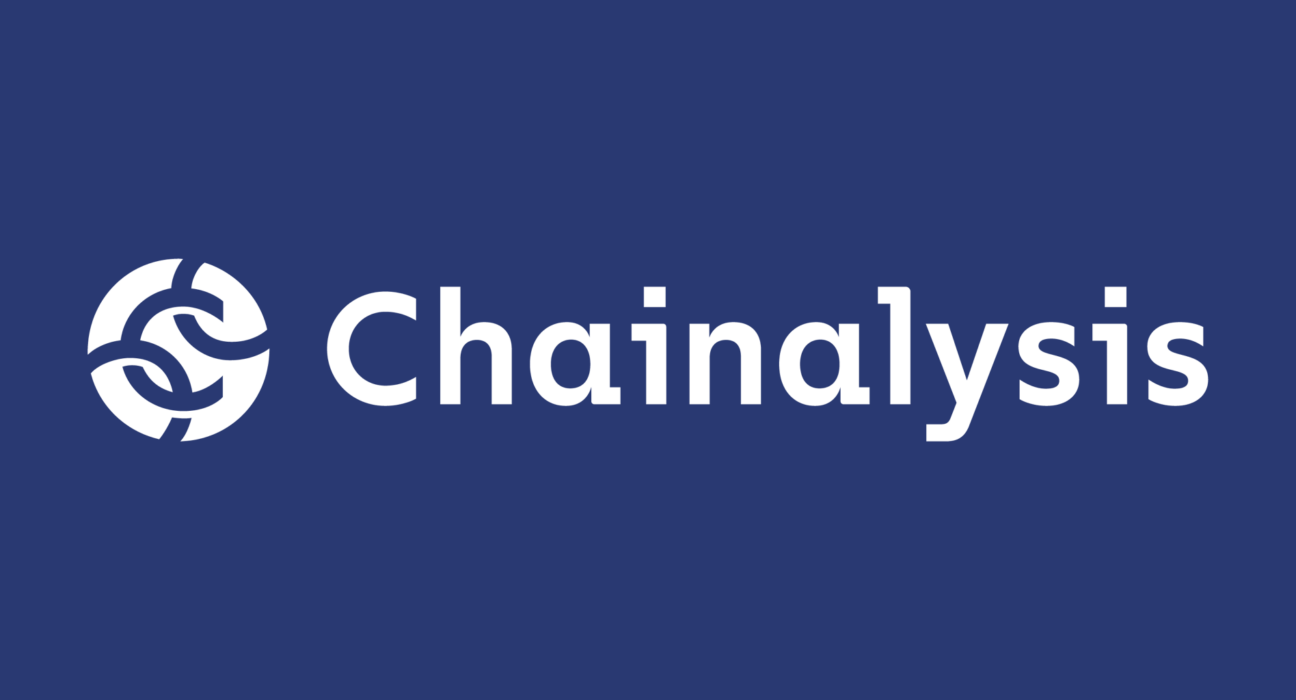Chainalysis and Integra FEC Secure IRS Contract to Trace Monero Transactions
The Internal Revenue Service (IRS) has awarded a contract to blockchain analysis firm Chainalysis and Texas-based forensic data company Integra FEC LLC to enhance the ability to trace Monero transactions and other privacy-focused cryptocurrencies, including those on Lightning Network Layer 2.
IRS’s Focus on Privacy Coins
Privacy coins like Monero (XMR) have long been under scrutiny due to their enhanced anonymity features, which make it difficult for traditional blockchain analytics firms to track and trace transactions. Monero stands apart from other cryptocurrencies like Bitcoin and Ethereum by using privacy-enhancing technologies such as ring signatures, Ring Confidential Transactions (RingCT), and stealth addresses, which obfuscate sender, receiver, and transaction amounts.
The IRS’s latest contract emphasizes its determination to address this challenge. According to the official post, the awarded companies will:
“Provide information and technical capabilities for CI Special Agents to trace transaction inputs and outputs to a specific user and differentiate them from mixins/multisig actors for Monero and/or Lightning Layer 2 cryptocurrency transactions with minimal involvement of external vendors.”
This initiative is part of the IRS’s continued effort to combat illicit activities, including tax evasion, money laundering, and illegal trade facilitated through privacy-focused cryptocurrencies.
The Role of Chainalysis and Integra FEC
-
Chainalysis:
Known as a leader in blockchain analytics, Chainalysis has previously assisted governments, law enforcement, and private organizations with tools for tracing Bitcoin and Ethereum transactions. This contract represents the firm’s entry into Monero tracking and Layer 2 solutions like the Lightning Network, which were previously considered more challenging due to their privacy features. -
Integra FEC LLC:
Integra FEC specializes in forensic data analysis, primarily within the traditional finance industry. By partnering with the IRS, the company will leverage its experience to investigate complex blockchain transaction patterns and track illicit fund flows.
Why Is Monero Under the Microscope?
Monero has grown in popularity due to its ability to ensure user privacy—something highly valued in the cryptocurrency community but criticized by regulators. The IRS and other government agencies argue that privacy-focused cryptocurrencies can be used to facilitate illegal activities, including:
- Tax Evasion
- Money Laundering
- Dark Web Transactions
- Terrorist Financing
Despite evidence showing that traditional financial systems are more frequently exploited for illicit activities, privacy coins like Monero remain a key focus for regulators due to their opaque nature.
How Does the Lightning Network Fit In?
The Lightning Network is a Layer 2 scaling solution built on Bitcoin that enables faster and cheaper transactions. While the network improves scalability, its off-chain nature adds an additional layer of complexity to transaction tracking. The IRS contract highlights the agency’s increasing focus on understanding and monitoring Lightning Network transactions.
“The IRS wants to ensure that advanced solutions are available to trace transactions on these networks effectively,” an official statement implied.
Reactions from the Crypto Community
The news has sparked significant discussion within the crypto community:
- Riccardo Spagni, former Monero lead developer and privacy advocate, has yet to comment on the IRS’s efforts to crack Monero’s privacy features.
- Privacy proponents argue that cryptocurrency privacy is essential for financial freedom and protection against surveillance.
- Critics of privacy coins maintain that increased regulation and transparency are necessary to prevent illegal activities.
Despite these developments, Monero and other privacy-focused cryptocurrencies continue to emphasize their commitment to user privacy and censorship resistance.
Privacy Versus Regulation: A Delicate Balance
The IRS’s new contract raises broader concerns about the future of privacy in cryptocurrency:
- Privacy Enhancements: Coins like Monero were built to address issues of surveillance and ensure private transactions for users.
- Regulatory Pushback: Governments argue that privacy coins hinder efforts to combat financial crimes. This creates an ongoing tension between the privacy-focused crypto community and regulatory bodies.
- Innovative Solutions: Blockchain analytics firms like Chainalysis are increasingly exploring ways to bridge this gap by enhancing their tools to trace privacy coins without compromising user rights entirely.
The IRS’s move represents a significant step toward achieving more oversight in privacy coin ecosystems, but it also sets a precedent for similar actions by other global regulators.
What’s Next for Monero and Privacy Coins?
While privacy coins like Monero face regulatory challenges, the growing demand for financial privacy remains strong among users. Developers in the Monero community are likely to continue enhancing its security features to stay ahead of blockchain analytics solutions.
At the same time, agencies like the IRS will persist in developing tools and technologies to counteract privacy obfuscation. As blockchain forensics advances, the battle between privacy advocates and regulatory bodies will likely intensify.
Conclusion
The IRS’s contract with Chainalysis and Integra FEC underscores the agency’s commitment to monitoring privacy-focused cryptocurrencies like Monero and Layer 2 solutions such as the Lightning Network. While this represents a victory for regulators, it also raises critical questions about the balance between user privacy and financial transparency in the cryptocurrency space.
The crypto community will be watching closely as these developments unfold, with privacy advocates and regulators continuing their tug-of-war over the future of blockchain-based financial systems.
To learn more about the innovative startups shaping the future of the crypto industry, explore our article on latest news, where we delve into the most promising ventures and their potential to disrupt traditional industries.
Disclaimer: The information provided is not trading advice, Bitcoinworld.co.in holds no liability for any investments made based on the information provided on this page. We strongly recommend independent research and/or consultation with a qualified professional before making any investment decisions.

